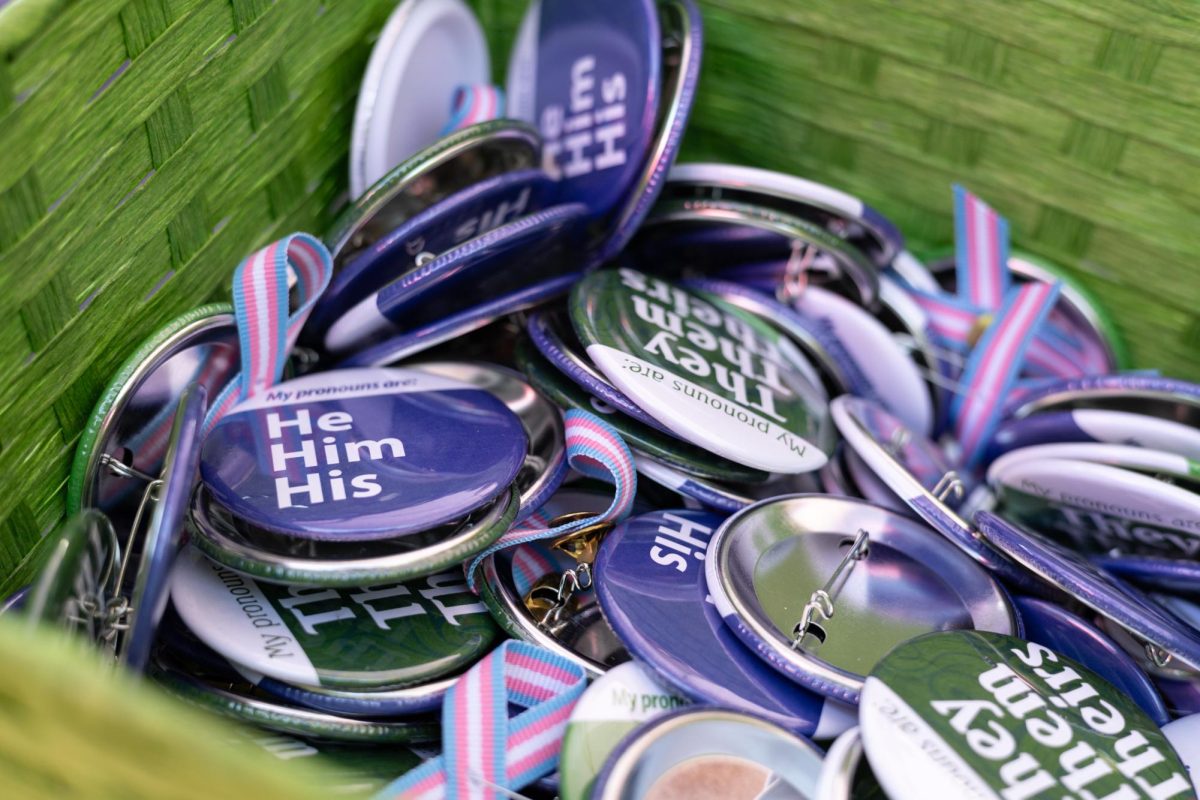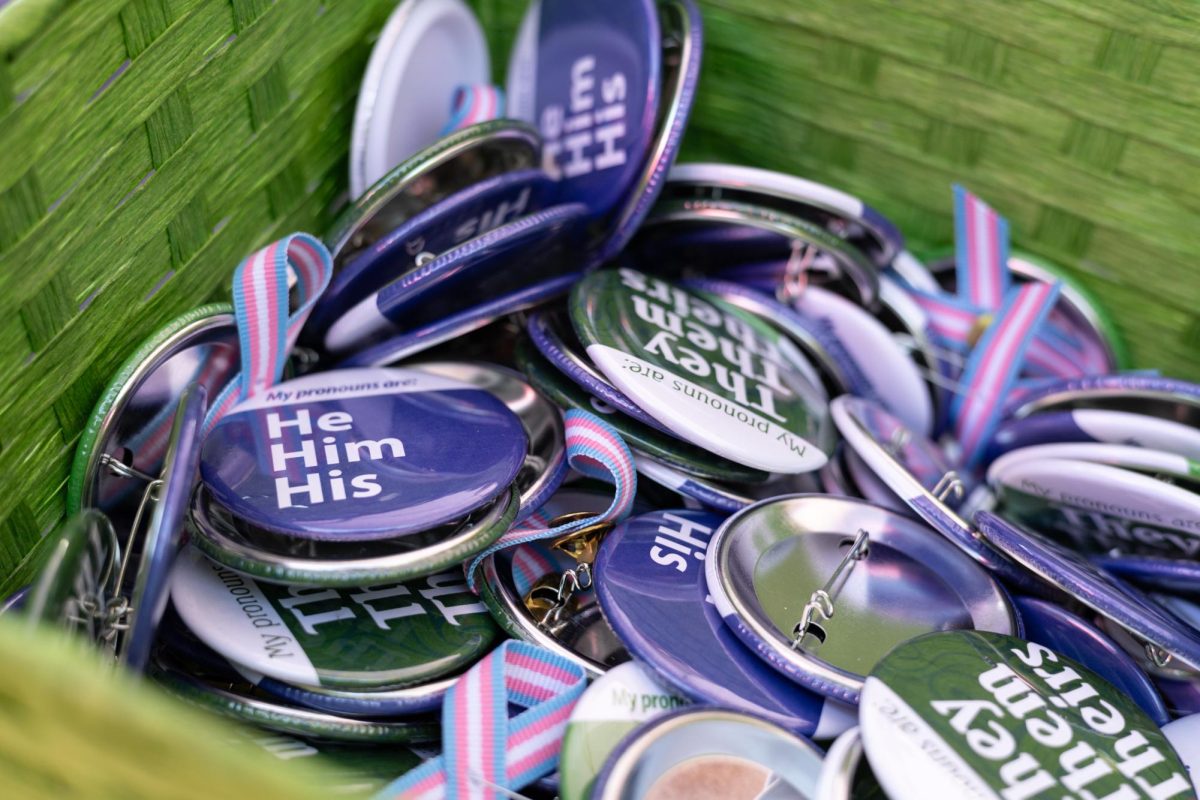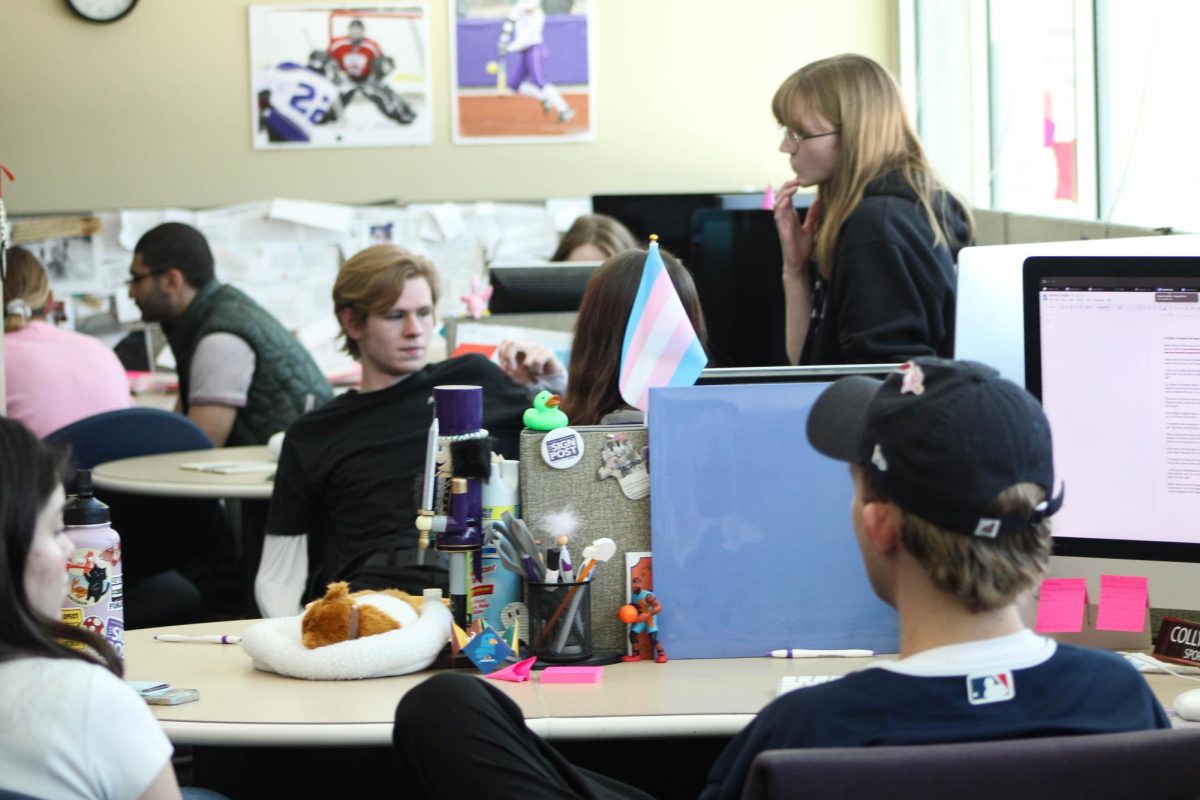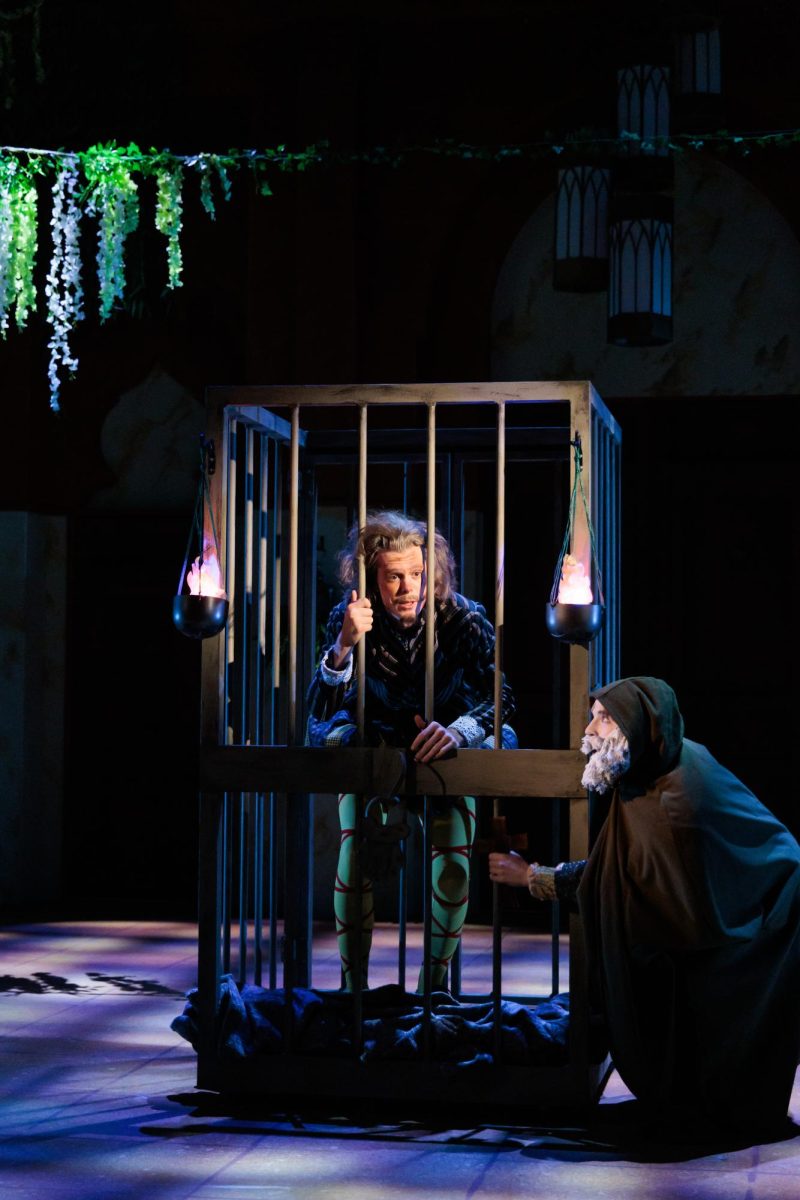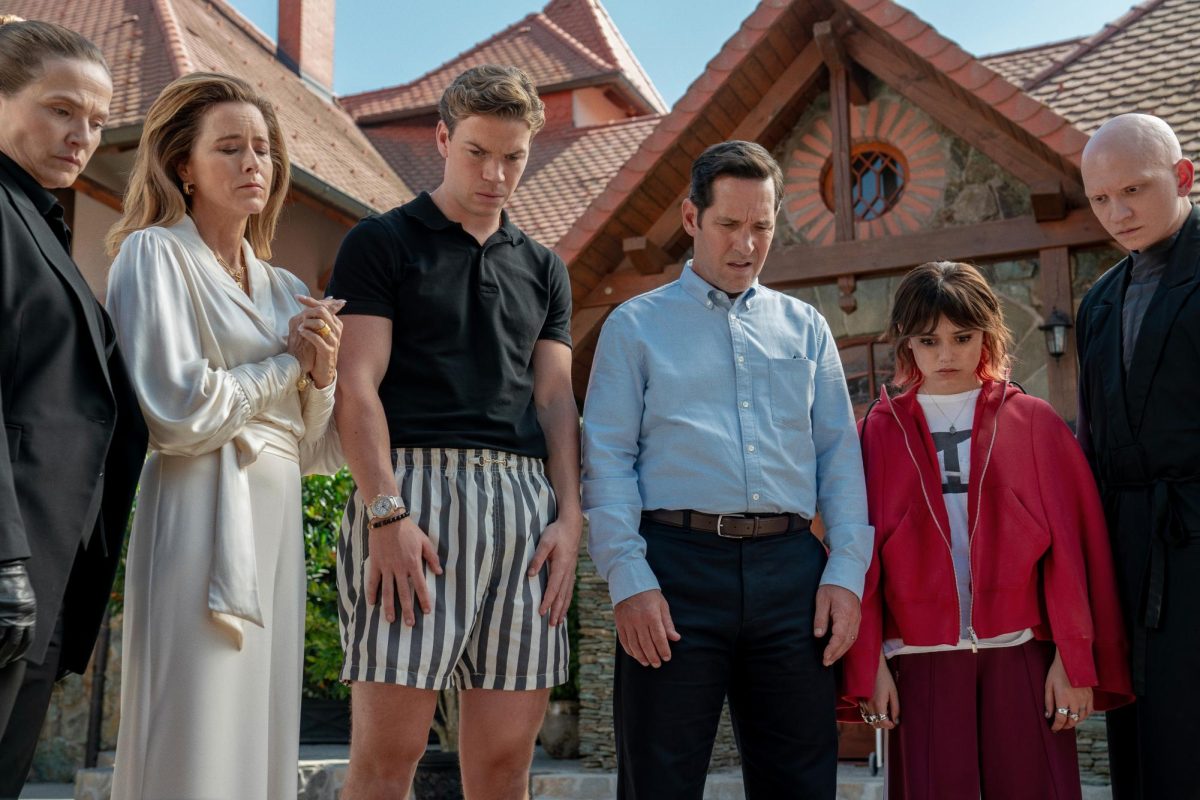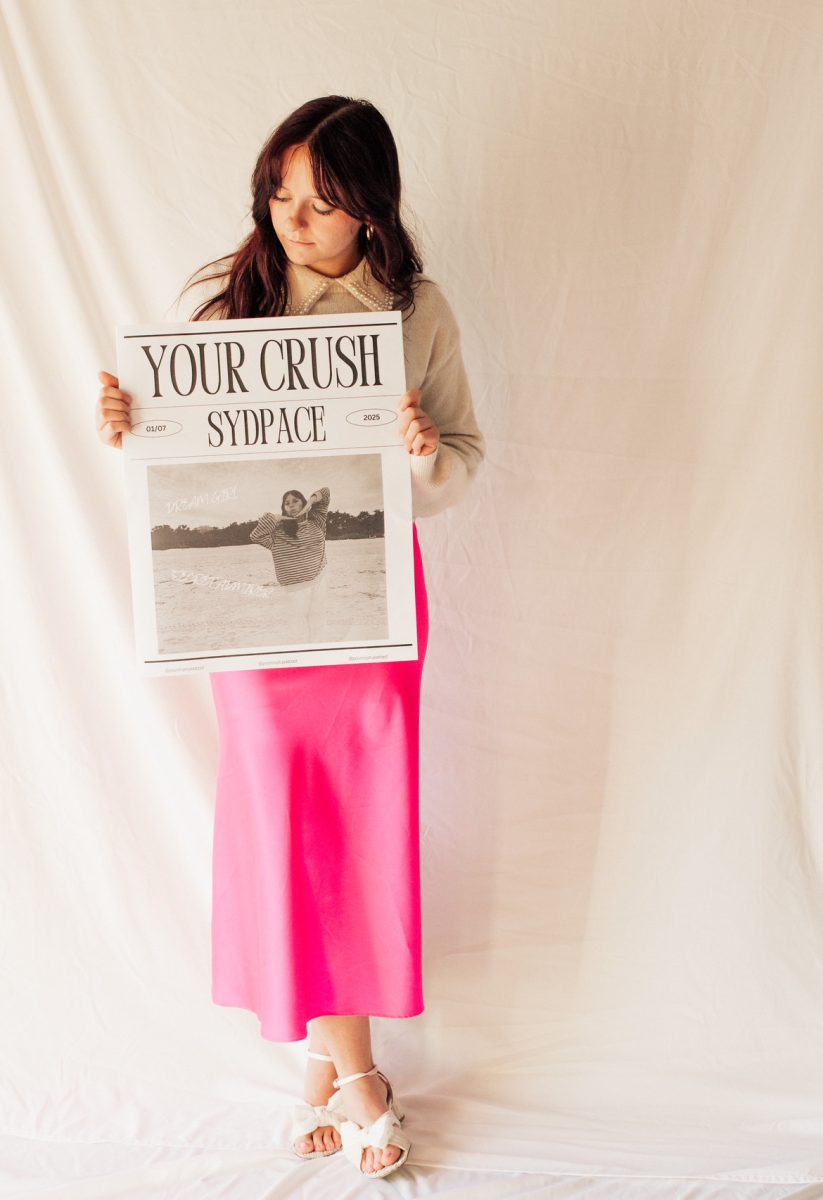Spike up your hair, grab your studded belt and start moshing to get ready for a punk rock presentation.
University of Utah doctoral student Alexandria Waltz will be giving a lecture at Weber State University entitled “Punk Culture in Southern California.”
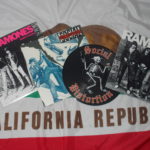
“Attendees can expect a presentation that runs about 40 minutes with a Q&A panel afterwards,” said Waltz.
Punk music runs through Waltz’s veins. Her late father was an active member of the Los Angeles rock ‘n’ roll scene in his youth.
“(When) my father passed away three years ago, the project became even closer to my heart. I expanded my research to include multiple youth subcultures in the Southern California area in the 1970s and 1980s. Punk is just one manifestation of a larger subcultural trend,” Waltz said.
Waltz started this research project five years ago when she was an undergraduate at Weber State University.
“Punk is interesting to me because of its reputation and its meaning for participants … For some reason, this culture was not something that a lot of people ‘grew out of.’ It remained a part of them for the rest of their lives,” Waltz said.
Someone familiar with this scene is Garrett Middleton, who grew up an active participant of the punk scene in San Diego.
“I was in a punk rock band (in) San Diego. We called ourselves ‘For 25’ because our favorite burrito at a local taco shop cost $4.25. We thought it was genius,” Middleton said.
For 25 actively made music and played local shows from 2004 to 2010.
“The people that attended punk shows were usually pretty cool … They respected the mosh pit. [They] knew when to go crazy, when to help the person that fell and were there just to have a good time,” Middleton said.
Middleton also mentioned that the punk scene he grew up in is much different than the modern scene.
“Back in the early 2000s, there were smaller venues that wouldn’t mind a punk band coming and bringing all their friends for shows. Now, a lot of those smaller venues don’t like the loud noise and the ruckus caused by punk music,” Middleton said.
While punk bands of today vary in the longevity of their careers, punk pioneers of the past remain lively engaged in music.
“Original members of the punk scene still profess today how important it was to their identity as a teenager. Many of the same bands that performed in the ‘80s still perform live (today),” Waltz said.
Bands such as NOFX, Social Distortion and T.S.O.L., who were founding members of the punk scene in Southern California, continue to tour now.
Middleton also said, “A positive of punk is that it brings friends and people together who love the music.”
The lecture, put on by the Weber Historical Society, is open to all students who wish to attend.
“I try to make my presentations fun and dynamic as well as focused on the research,” said Waltz.
She also said, “If punk or music is something (you) are interested in, I encourage (you) to attend and find out more about the cultural history of the punk scene.”
The lecture will be held on Monday, March 21 at 7 p.m. in Dumke Hall at the Hurst Learning Center.










